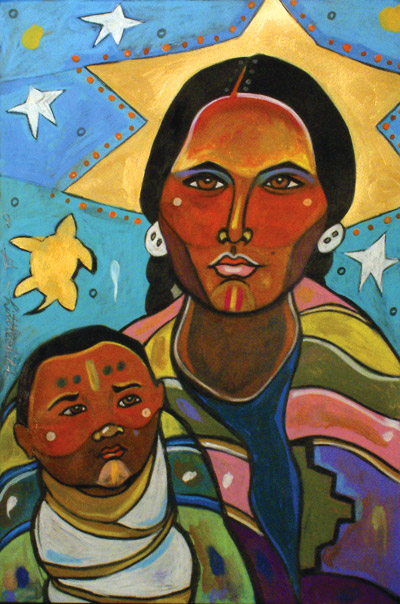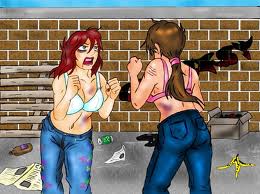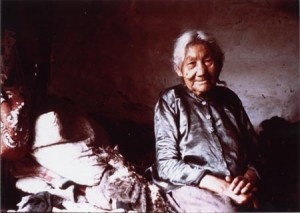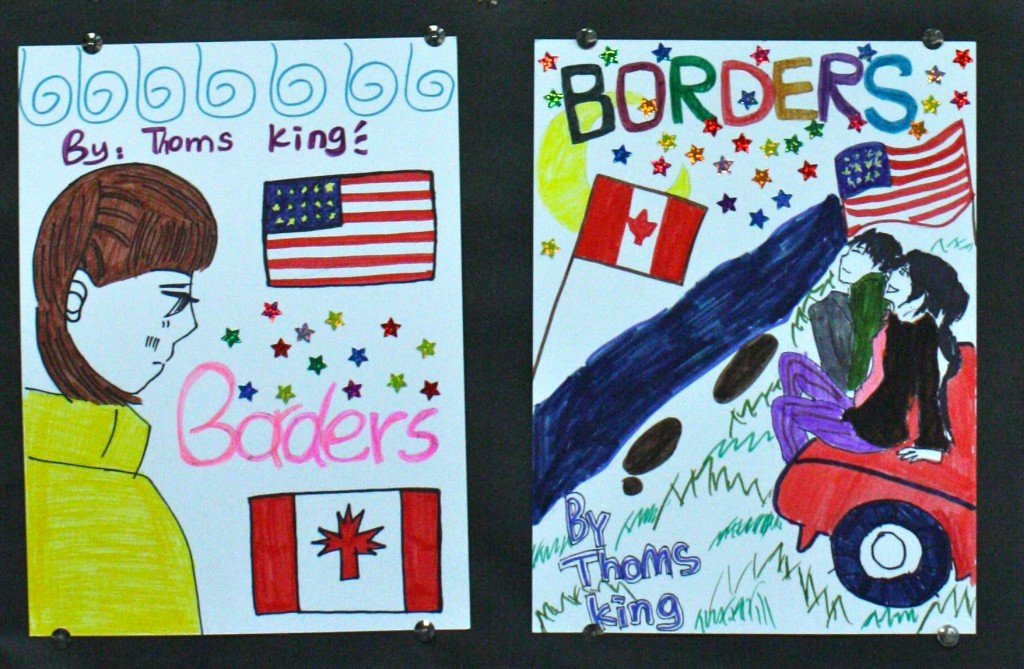Connections: Gloria Chapter 1-5
In the novel, we learn that Arnold suffers from hydrocephalus which causes him to stutter, lisp, and have lopsided eyes and more-than-enough teeth. Sadly, just because he looks and speaks differently from other people he has been the target of bullying in his community. This part reminded me of a classmate of mine in my sixth grade class. I am still not sure exactly which disability he suffered, but it looked like that he had had down-syndrome. He looked different and spoke differently from the rest of us; just like Arnold, he had been physically and verbally abused by his peers throughout the year. Thinking now back then, I feel ashamed to say that I was a coward and a mere onlooker at the site of bullying. Now, to be frank, I have already finished reading the book, but if I did not I would have asked myself whether Arnold would fight the bullies, and if so, how. I think that this book will bring solace or catharsis to the oppressed and encourage them to keep holding onto their hope and dreams.
Two more topics that I would like to discuss are poverty and dream. Arnold’s definition of poverty, “empty stomach + empty refrigerator = poverty” (8) reminds me of my mother. She was born and raised in a poor family. Since she was young she only looked forward to graduating from her high school so that she could earn money. She enjoyed studying history but never once dreamed of going to a university because of the financial difficulties of her family. Arnold says that if their parents were given a chance they could have realized their dreams, but my mother thinks differently. She told me that even though poverty has played a significant role in restraining her from seeking for more advanced education blaming poverty only would be only making an excuse. She believes in the notion that where there is a will there is a way, so rather than blaming poverty, she blamed her lack of courage, passion, and determination in making her dream come true.
During Chapters 6-12, Junior makes the move to his new school Reardan High School. He immediately notices the differences in clothing, such as what he wears in comparison to the brand name labels the majority of the kids at Reardan are sporting. Junior not only compares clothing but establishes for himself the same ‘fighting rules’ he had on the reservation to now apply at Reardan as well. Junior’s experience made me recall my own first day of High School and all the different emotions I felt. Similar to Junior, I went to a small elementary school which had very few students. My high school was from grades 8-12 and had a significant amount of people attending. Most of the other kids all came from very large elementary schools and knew each other from before. I found it very difficult to break into the different cliques that were already formed from many years ago such as Junior was experiencing as well.
Junior’s first fight with Roger also made me remember my first fight in Grade 8. However, unlike Junior, I was actually on the receieving end and did not wish to fight the other girl. I was not a violent person and felt uncomfortable being in a confrontation with another girl, who clearly wanted to fight physically. Even though I refused, she still swung her fist at me. In that instance I was like Roger, surprised and shocked, and still not wanting to fight back. Much like Junior asking advice from his grandmother, I too, was wanting answers for my traumatizing experience. In my situation I had turned to my parents and older brother in seeking answers to why some girls attacked other girls.
Junior’s love and respect for his grandmother is made very clear in the novel. Growing up, I was very close to my ‘nani’, (which means your mother’s mother in Punjabi). Much like Junior, I loved her deeply and respected her wise wisdom and peaceful nature. She was a hard worker and had unlimited patience and love to give. She provided me with support and guidance throughout my childhood and adolescence. When Junior sought advice about his fight with Roger from his grandmother, it made me remember my nani, and all the questions about life I would go to her for as well.
Chapters 13-19: Nabíl Boschman
Arthur and Penelope’s relationship reminds me of the kinds of relationships I had when I was in middle school. When I was in grade 7 and 8 I had a string of “girlfriends” who I walked around with at lunch, blushed to hold hands with, and maybe kissed once or twice. At that age, in a small, spread out town, you have to get your parents to drive you to your friends’ houses, so you really only saw your girlfriend when you were at school. This is much like Arthur and Penelope.
This picture of the rural school presented in these chapters reminds me of stories my grandfather told me of his first teaching post in rural Saskatchewan. Of course the had a wood burning stove in the school, so he’d have to go early in the morning in winter to heat up the little one-room school house. There was a stable attached to the school because that’s what his students took to get there, and he told me that he had 19 students and 23 horses. In those days postings for rural teaching jobs filled two or three pages in the newspaper. Can you imagine?
******* Chapters 18-24 : Currina *******
In Wellpinit, I was a freak because I loved books.
In Reardan, I was a joyous freak.
And my sister, she was a traveling freak.
We were the freakiest brother and sister in history.
This quotation is very endearing because it shows Junior gathering strength and support from his outsider status, and the differences that keep him apart from others are also used as a source of joy and of connection between him and his sister, which was very touching. He is drawing strength from the word “freak” and using it to his advantage.
The writer Thomas King and the musician Buffy Saint Marie have touched my life, and many others, with their similarly frank, gritty tales that fundamentally come down to celebrations of a joyousness that is based quite often on what is freaky. During my practicum I taught two of King’s stories, Borders and Totem. Both dealt with the modern alienation, displacement, loss and sense of abandonment the Aboriginal people face within themselves and others. The wry humour King uses, however, like Alexie’s novel, makes it possible to see the spaces of joy and wonder it is possible to create within this alienation.
When Mary wrote her poignant letter to Junior, it reminded me of King’s story “Borders” which similarly featured a boy dealing with his sister’s sudden move to Salt Lake City, the postcards she sends back, and his attempt to visit her there (they are stopped at the Boarder and never make it as his mother refuses to declare herself a Canadian, preferring to call herself Blackfoot).The sense of occupying in-between spaces is evident in both works, the residences are not “home” they seem like temporary resting places of turmoil and unease, and yet there is no destination they can travel which is also a safe home or harbour, that can only be found within the self – self discovery and self confidence – both works seem to say.
Here is some of the good artwork the kids in my class did to capture the boy and his mother, who refuses to say she is Canadian and not Blackfoot, trapped at the US/Canada border.
The concept of the happy freak is also expanded upon later when Junior meets Gordy, whose own brand of freakiness is quintessentially based on the eccentric genius that is also a source of joy. Junior and Gordy expand on the nature of “Joy” in many ways. They find their happiness from things that other people normally would not and learn how to appreciate the little things.
Junior says, “Don’t get me wrong. I think weird is great. I mean, if you look at all the great people in history – Einstein, Michelangelo, Emily Dickinson – then you’re looking at a bunch of weird people.”
*****
The second thing I would like to discuss is the comical discussions in the book of destiny, fate and providence. Junior feels destined for a better life and so he follows it. When he throws the book he is rejecting the life that has been handed to him. From that moment on he often meditates on fate: illustrating what his parents could have been had fate worked differently, imagining what his sister’s life could have been had her education been different as well as the others on the reservation who seemed trapped by circumstance to live and re-enact cycles of tragic fate. Following ones fate in this novel seems based on breaking out into freedom by liberating oneself from old, outworn patterns and routine, while giving into a bad fate and being trapped and unable to move forward seems associated with bondage to bad habits, addictions and self-defeating, self destructive behaviour.
When Junior discovers Penelope’s secret – she is bulimic – feels it is part of destiny saying, “destiny and me lean against the wall and wait…”
He links her behaviour to his fathers, with a cartoon of his father reading: “I’m only an alcoholic when I get drunk” and the caption WTF Dad. His advice to her and his father “Don’t give up” is probably the most resounding message of the novel as a whole.
The idea of Aboriginal or minority and white relationships is also a big theme in the book. Like when Junior wins a game against the reservation team, there is guilt associated with being with a white girl. His friend Rowdy writes, “I’m sick of Indian guys who treat women like bowling trophies. Get a life.” and Gordy says, “Well, this article said that over two hundred Mexican girls have disappeared in the last three years in that same part of the country. And nobody says much about that. And that’s racist. The guy who wrote the article says people care more about beautiful white girls than they do about everybody else on the planet. White girls are privileged. They’re damsels in distress….. I think it means you’re just a racist a**hole like everybody else.”
***
Connection Captain: Sara, Chapters 27-29
I have a lot of connections the I could make to these chapters, the first and most powerful being that alcoholism runs rampant through my family as well and it can create so many problems in any family, Aboriginal or Caucasian. In my family, it has meant suicide and dementia and absentee parents and post traumatic stress disorder, Attention Deficit Disorder, just to name a few. I can relate to the hopelessness and depression and codependency that it breeds.
I also thought about the death of my nana while Junior was listing all of the deaths in his family. And it did make me think about how lucky I am the both of my parents are alive, that my extended family is mostly healthy and happy, and that my kids are so, so lucky to have the family that they do.
I don’t know what exactly to make of the horse that got swallowed up by the lake and then spit up in another lake and then burned to death and kept coming back until it finally rotted. It’s a little like Arnold but it’s not exactly a happy ending, but what I did like in terms of imagery was the pine tree that he and Rowdy climb at the end.
This is a beautiful metaphor of the two of them gaining insight and wisdom and a broader perspective. Also a little of the danger of not being able to turn back, although they both do. I loved this book, I can’t wait to teach it and these literature circles have been fantastic! Thank you Amanda and to our fabulous group!





